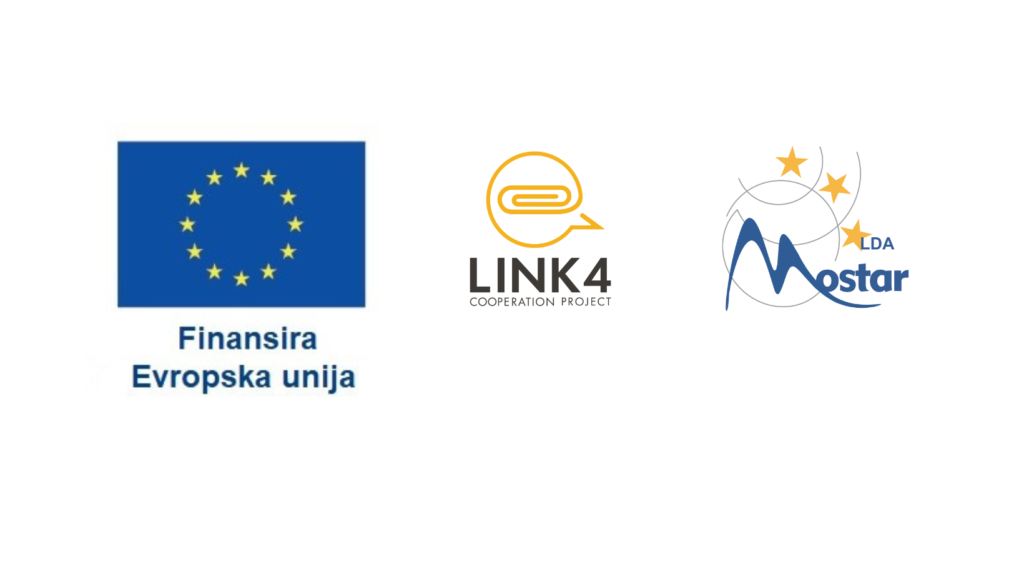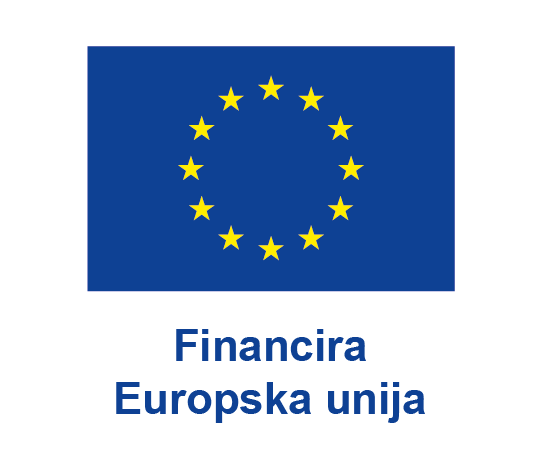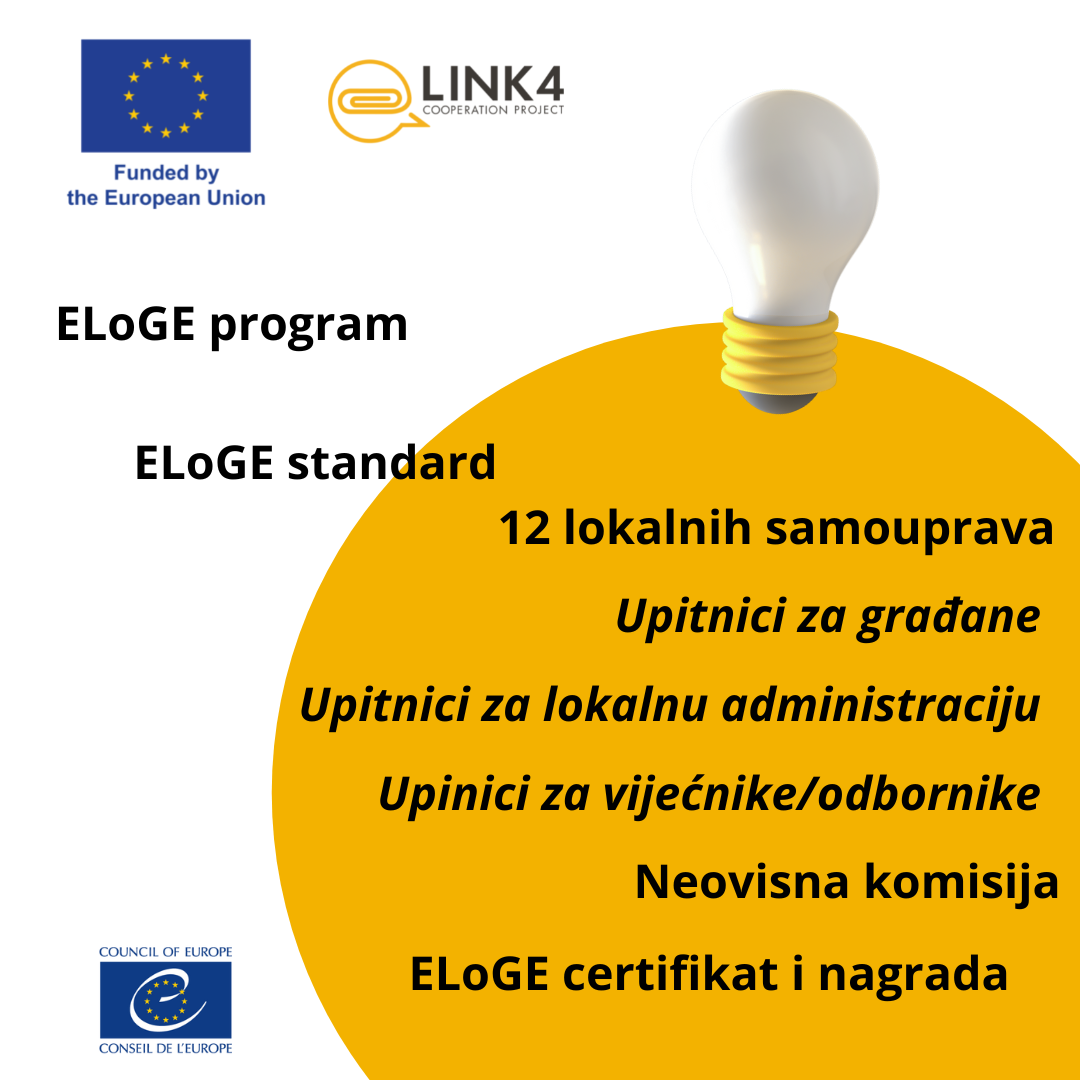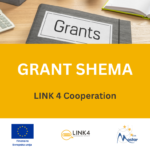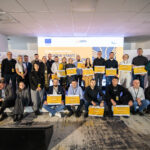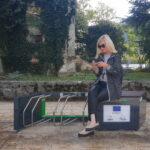The ELoGE program of the Council of Europe within the LINK 4 Cooperation project includes a process of self-assessment of 12 local governments, project beneficiaries based on 12 principles of good local governance. In addition to fulfilling the basic document – ELoGE benchmark by local governments, opinions of citizens, local administration (local government employees) and elected local officials (councilors) on the quality of work and activities of local government are collected through online questionnaires.
In accordance with this methodology, local government self-assessment and the results of all questionnaires are sent for analysis to an independent committee composed of local government experts. Committee members make the final assessment of meeting the minimum requirements for ELoGE certification and symbolic award – ELoGE crystal dodecahedron.
It is necessary to emphasize that throughout this process, local governments have the continuous support of representatives of the project consortium, who are also certified ELoGE trainers. In this context, a series of ELoGE workshops were held with the representatives of ELoGE teams delegated on behalf of local governments. Workshops aimed at transferring the ELoGE methodology and all materials with detailed explanations regarding the implementation of this process.
The Local Democracy Agency Mostar, as a project leader, is an accredited holder of the ELoGE platform for BiH, while 16 representatives of the project consortium underwent several months of training to become certified ELoGE trainers and are available to local governments.
It is important to emphasize that the ELoGE program of the Council of Europe is being implemented for the first time in BiH as part of the LINK 4 Cooperation project, funded by the European Union. Bosnia and Herzegovina is also the first country outside the European Union to implement this program.
A total of 12 local governments from the territory of Bosnia and Herzegovina are included in the activities of the project LINK 4 Cooperation with the aim of improving their capacity, transparency and accountability.
The LINK 4 Cooperation project is funded by the European Union.
